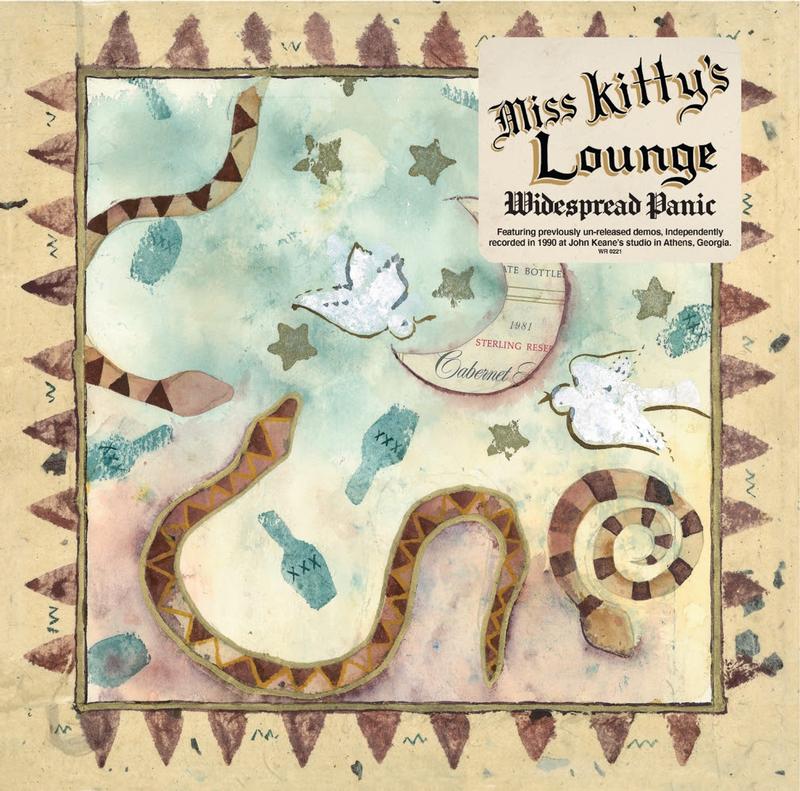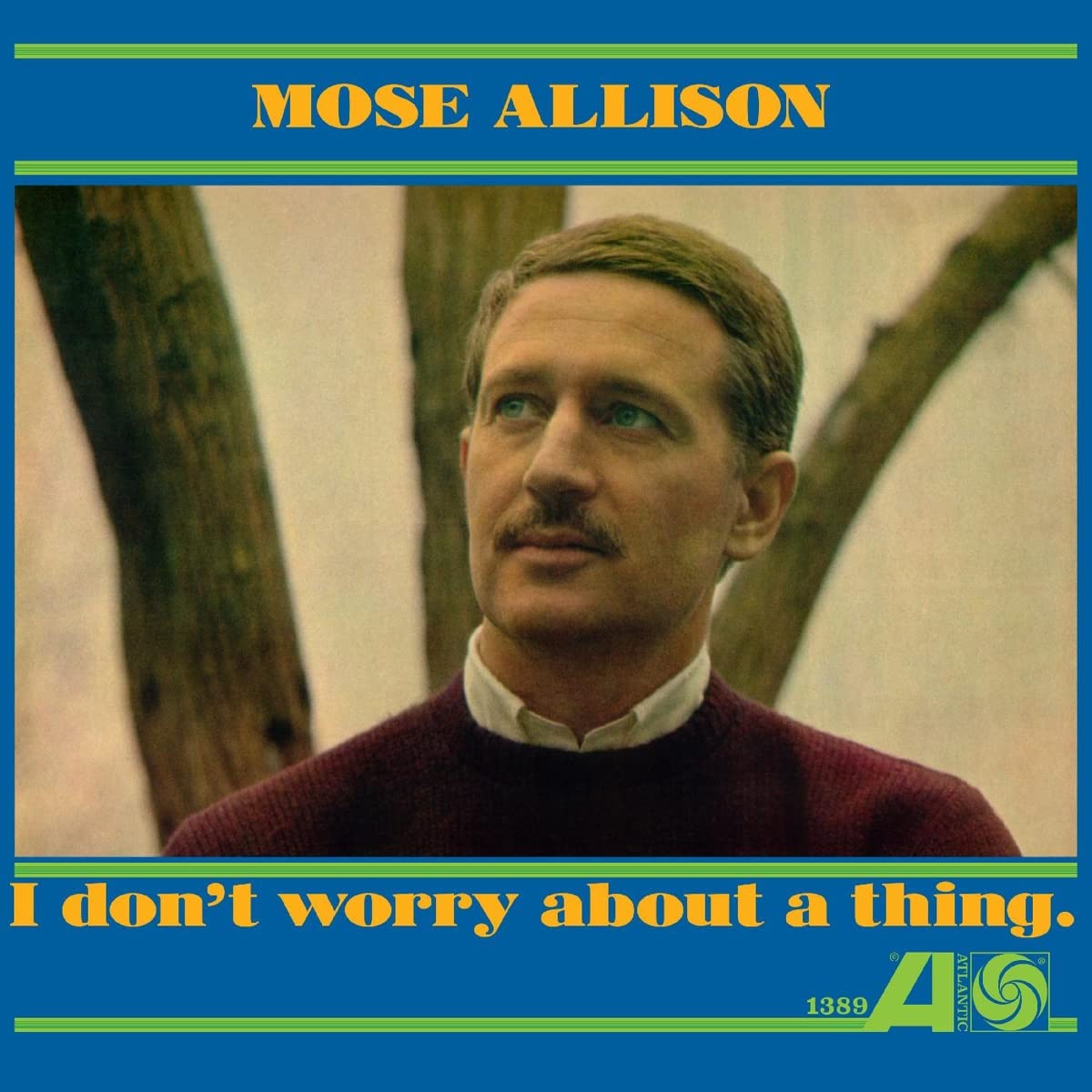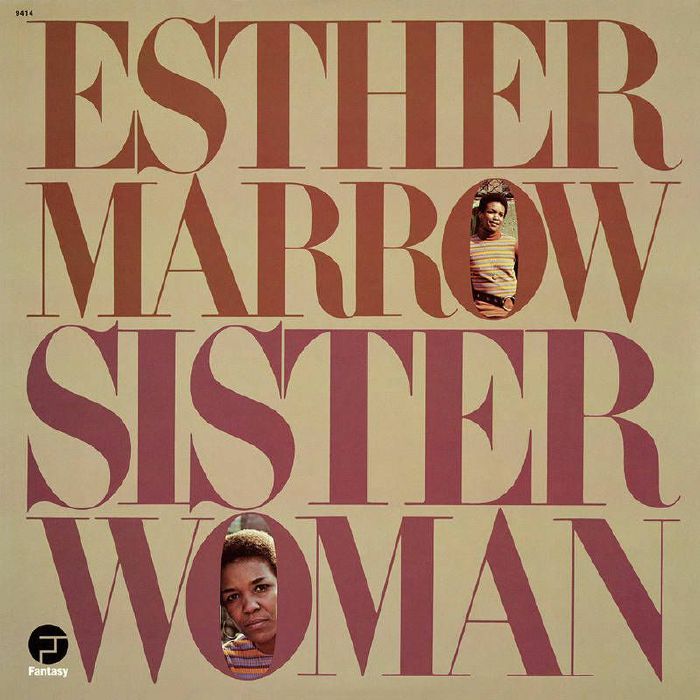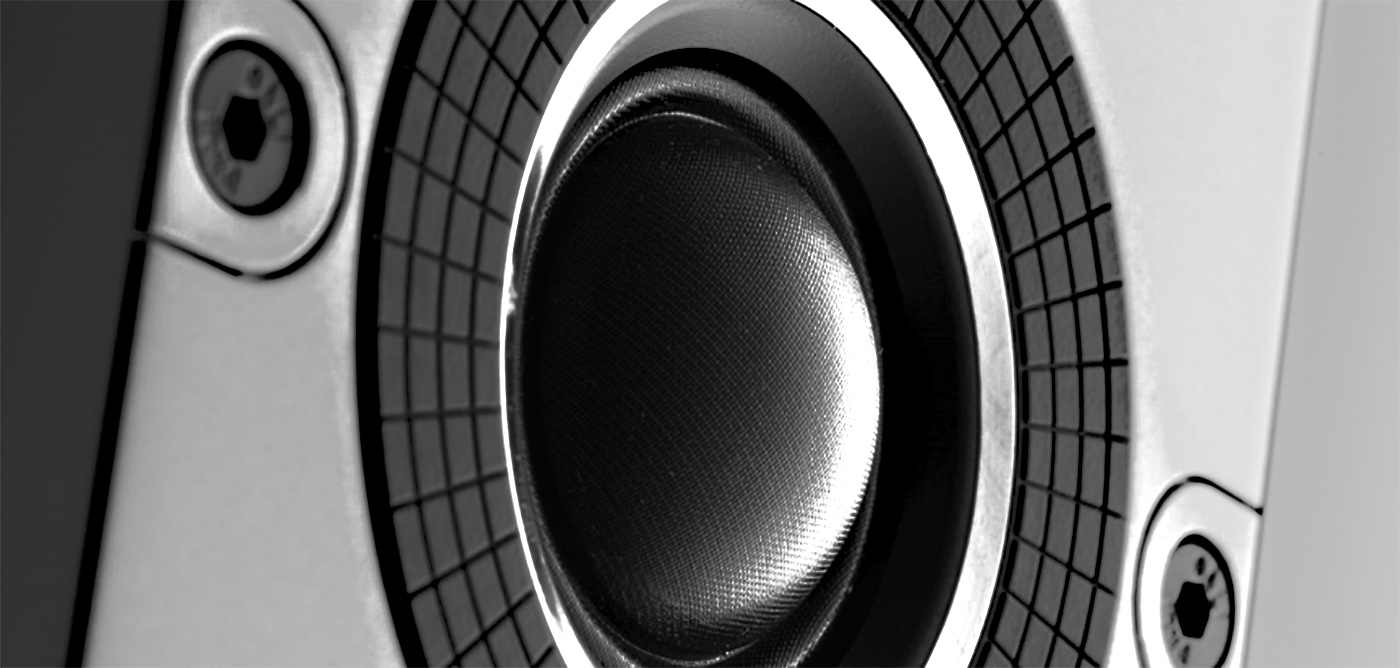A Note from the Author:
Man.
It’s been a long time. I shouldn’t have left you. Without a strong rhyme… well, you know the deal.
Seriously, though. There was at least one major bomb dropped on vinyl-buying audiophiles since our last communication. That involves, obviously, MoFi’s mea culpa regarding their dishonest messaging around the sources used for their mastering. While I haven’t seen anyone else say it aloud, I’d imagine that it harkens to previous articles we’ve written here about the difference between, say, “mastered from the original analog tapes” versus “cut from the original analog tapes.” Etcetera.
Secrets Sponsor
MoFi, unsurprisingly to some, have been engaged in the former while letting everyone believe they were doing the latter. It was suspected. Now, it’s been confirmed. And it sucks. Not because their releases sound any worse for having been mastered from files, but because they lied. Via omission. Call it whatever suits you. To me, it’s lying. The cynic would say that, in 2022, it’s assumed that everyone’s lying about everything. Or that there are “alternate facts” as a counterpoint to “real facts.” Or that we’re living in the Post-truth Era so why bother trying to get to the bottom of anything?
But I’m bothered by it. A bunch. I listen to music for a lot of reasons. One of them is to escape. And it galls me to look at my vast collection of MoFi releases and know that they’ve engaged in the seemingly inescapable practice of just straight up obscuring the truth to suit their own agenda. If they want to go completely all in on this practice, they’ll soon deny that anyone cuts analog ever at all. It’s fake news.
They’re still some of the most engaging records in my collection, and I’m still offended by dishonesty. The decision-makers at MoFi should be ashamed if there’s still such a thing. They deserve to feel this one, and I hope they do. It’ll take a lot for them to separate me from my money in the future. Not saying it won’t happen. I still love a well-made record, and they manufacture those. But still. I don’t appreciate being deceived. Simple as that. This one stings.
Ok. Thanks for playing.
On to something that doesn’t suck…

Widespread Panic doesn’t suck. You can make the argument that “Jam Bands” do. I’ll mostly agree. And Panic jams, certainly. But, to me, their improvisations are always in the service of a song. Either by proxy, as a momentum builder or a reprieve prior to a curveball in a setlist, for example, or as a means of building tension or dynamics prior to or before another movement within the same song. They mastered the art of stringing sections of songs together to create a musical weather pattern. At their zenith, they had their own gravity. I’m speaking in the past tense, but I’m presently gearing up for three nights of these surprise peaks and valleys. And I’m hoping to hear plenty of selections from the era represented by their most recent release.
Miss Kitty’s Lounge is a collection of demos from 1990 that the band recorded just before making their “major label” debut. It encompasses much of my favorite era for their songwriting. It’s around the time I found them. And, after I did, everything changed. Almost literally everything. New friends, new outlook on what popular music could be, new understanding of ways that a band can be successful within the music industry, new insights on what it means to create, in general, and how a group of above average, but not necessarily virtuosic, players can come together to make some outsized monstrosity that will generate its own ecosystem. Hats off, gentlemen. What a ride.
And it’s especially poignant that I’m typing these words one day past the 20th anniversary of their original lead guitarist’s passing. When Mikey Houser transitioned into his next phase, he took my favorite part of my favorite band’s sound with him. And Miss Kitty’s puts that lost component squarely at the forefront. The collection serves, essentially, as a House tribute. The demos are not entirely without keys, but they were recorded prior to the band’s hiring of a full-time keyboardist. Houser’s playing is the undeniable musical focus. The rawer production and the diminished instrumentation allow the remaining players to “spread out” (Lord, help me). Houser’s lightning leads and Dave Schools’ thundering bass benefit the most. They’re all the way in.
Secrets Sponsor
And, in a lot of ways, I prefer the production to what was eventually released on the “Mom’s Kitchen” record that followed. John Keane’s production sounds more energetic and alive. More three-dimensional. It breathes. “Mom’s Kitchen” is a stellar collection of well-written songs performed with passion. I’m always happy to listen to it. But I never loved the sonic presentation. It always seemed like a novel with lovable characters and a compelling plot, but with stodgy language.
Miss Kitty’s has moments where the performances seem less forceful, more tentative. John Bell’s vocals on “Rock” would be an example. But those samples are the exception. Fire, hail, smoke, and an exploding stratosphere are the rule. “Proving Ground” would be an example of that. Houser’s doodles and noodles were so catchy, almost whimsical. Never more so than on the relentlessly groovy “Holden Oversoul,” still one of my favorite compositions ever. “The Last Straw” was tagged onto the end of the 73-minute official album from 1991 so that it almost seemed like an afterthought, but it’s brilliant. Vocally, musically, lyrically, structurally. The band had a truly unique style, and these demos seem like they were right in the middle of locating that. Like an NBA player in his third year realizing that he’s approaching the level of the veterans that he grew up watching. Then dunking on them. It sounds like discovery.
These versions of these tunes weren’t intended for release, but they don’t sound unfinished. They’re fully formed. They’re massive. They’re airy and sprawling. Kindercore Vinyl pressed them lovingly and with care. A couple of ticks here and there, but well within the bounds of what a vinyl fan will find acceptable. This isn’t an audiophile release. It’s Rock ’n Roll played by real musicians playing real instruments. Makes me happy. Miss Kitty’s Lounge would be a fine point of entry for the uninitiated, and it sounds exactly nothing like anything else that was happening in 1990. Or today. Buckle up.

While I’m harkening back to earlier days in and around Athens, Georgia…
I graduated from UGA in 1997, and promptly entered the workforce by getting a job washing dishes in an Italian restaurant. So that, amongst other things, I could continue to attend as many concerts as possible. There was a dude in the kitchen who sort of politely scoffed at my Widespread Panic fandom, probably with good reason. I was a little goofy about the whole thing. We all were. But this guy was in his own groove. He recorded his eccentric tunes at home and supplemented the tracks with recordings of his neighbors arguing or water dripping. The work was brilliant. Plus, he introduced me to Mose Allison. Also, brilliant. Modern Harmonic reissued one of his recently, and you’ll be glad they did.
Recorded on a single day in March 1962 and released that same year, I Don’t Worry About a Thing found Allison, primarily known for his piano styling, venturing further forth as a vocalist. His lazy-smooth delivery would serve him well for the rest of his eventual 89 years. I saw him multiple times in San Francisco circa 2009 and could just as easily have been listening to his records from nearly five decades prior. He was effortlessly great. As far as I know, he found his niche and stayed there. I’m not aware of an experimental era or of any grand stylistic departures. Just tasty Jazz and Blues. Morning, noon, and night.
That’s certainly the case on I Don’t Worry. The album clocks in at just over half an hour long, which is a completely sensible amount of time to spend listening to a record. I Don’t Worry sort of washes over you during its run. A couple of nifty instrumentals demonstrate Allison’s natural restraint. “Smooth” comes to mind, but we don’t want to risk confusing this with Smooth Jazz. Dear God, no. You can hear some off-mic activity in spots, perhaps Ol’ Mose was grunting and getting into it in the style of Dr. Lonnie Smith or the great Bud Powell. I was thrilled (just now) to discover that Tom Dowd helped engineer this record. I wanted to know who got the bass sound so clear and present in the mix. Many of my favorite Blue Note recordings sort of dip when the bassist takes a solo. They sound distant in comparison with the other soloists, but everyone in Allison’s trio is present and accounted for here.
It helps to have Kevin Gray helming your reissue. According to the hype sticker, this album was “cut all analog from the original Atlantic mono reels.” There’s not a lot of room for ambiguity there. If they’re lying, they’re doing it in the style so popular today: brazenly. From what I’ve read about Gray, he wouldn’t stand for such. He’s even quoted in a WaPo article about the MoFi scandal, so he’d risk jeopardizing his reputation in the industry for engaging in similar deception. Regardless, this reissue sounds beautiful. With only three acoustic instruments competing for space, there’s plenty of detail and clarity to accommodate all the players. There is some sibilance and minor distortion at times, either in the original recording or as a result of aged master tapes. Doesn’t bother me at all.
I think most folks think of Allison’s version of Willie Dixon’s “The Seventh Son” or his take on “Parchman Farm” when they think of his most recognizable work. Neither is represented on I Don’t Worry About A Thing. But I wouldn’t let that hold you back. Not sure how many audiophile-grade Mose reissues there are floating around out there now. This is the second Modern Harmonic title I’ve explored. The other was a Vinyl Me, Please exclusive by Claudia Thompson. Both are great. Both mastered by Kevin Gray, both pressed at Third Man. The Mose record is remarkably affordable. And available. I’d get one if I didn’t have one already.

Record Store Day ain’t what it used to be for this guy. It’s a fun challenge, I guess, to get everything you want on your list every time, but there’s been a precipitous drop-off in titles of interest. And having the events spread out across multiple dates is inconvenient if you’re only after one or two titles. Bitch and moan, I know.
Conversely, there has been an uptick in quality if you know where to look and what to look for. Craft Recordings, in particular, has been releasing some all-analog productions for RSD with some big names attached to them. Like Esther Marrow’s Sister Woman. A “soul gem back on vinyl for the first time since 1972,” per the hype sticker. Mastered by Kevin Gray, pressed at RTI. I gave the work a brief perusal online, then closed my laptop and set my sights towards a physical copy on June 18. Not necessarily because I was blown away by the material, but because I liked it, and I thought that it would sound really great in this format.
Sister Woman was limited to 2,500 copies. There are still plenty available and they’re shockingly affordable. I should acknowledge the twinge of discomfort I feel when describing something that costs $24 as “affordable.” I recognize that there are lots of folks that couldn’t access that amount of money in the interest of purchasing a vinyl record. And that there are still folks that won’t spend more than a dollar per album based on principle. I assume that active audiophiles or those aspiring to become one recognize the value of an all-analog, well-made record priced below $30. Such are the times.
Moving on…
Who is Esther Marrow? Well… I don’t really know. But I can look online for info, and it seems that she’s still active in the Gospel “space,” as Californians might say. She’s performed on Broadway and collaborated with Duke Ellington and Bob Dylan. And she’s performed for Dr. Martin Luther King Jr. as well as, admittedly less cool, Presidents of the United States. Sister Woman found her still immersed in the Civil Rights struggle despite it’s having been recorded and released past what most would consider the expiration date on that movement. But anyone with functional eyes could look around and realize the preposterousness of that viewpoint. Sister Woman is relevant still. Unfortunately.
And it’s a solid Soul record from an era teeming with them. Bernard Purdie works the skins on some songs. He got his bona fides on Aretha’s records and a million others besides. Chuck Rainey (Aretha, Mose Allison, Steely Dan, a billion more) plays bass, Cornell Dupree (Aretha, King Curtis…) handles the guitar. Rudy Van Gelder engineered. I mean, that ain’t nothing. And Marrow brings the goods. All of them. Her husky vocals reference Mavis, but Esther had her own thing. She just happened to be in a similar register, which happens to work well for Gospel Soul.
Some standouts include Marrow’s Reggae-influenced (or Bernard Purdie-influenced) take on “Rainy Night In Georgia,” the conga-propelled Funk groove of “Things Ain’t Right,” and the shifty “Dance With Me” featuring some tasty acoustic picking and surprise vibes (as in “vibraphone”). All of this is presented on a sonically balanced soundstage with great warmth and clarity. The bass is like a liquid anchor that the other players can swim around, and the power in Marrow’s voice is evident throughout. Sister Woman is a nice little discovery that I’ll likely reach for on many Sunday mornings. It’s not gonna change my life, but it’ll make it a little nicer. You might like it too. Pressing is flawless, sonics are superb, material is groovy and gets in your chest. Check it out.


